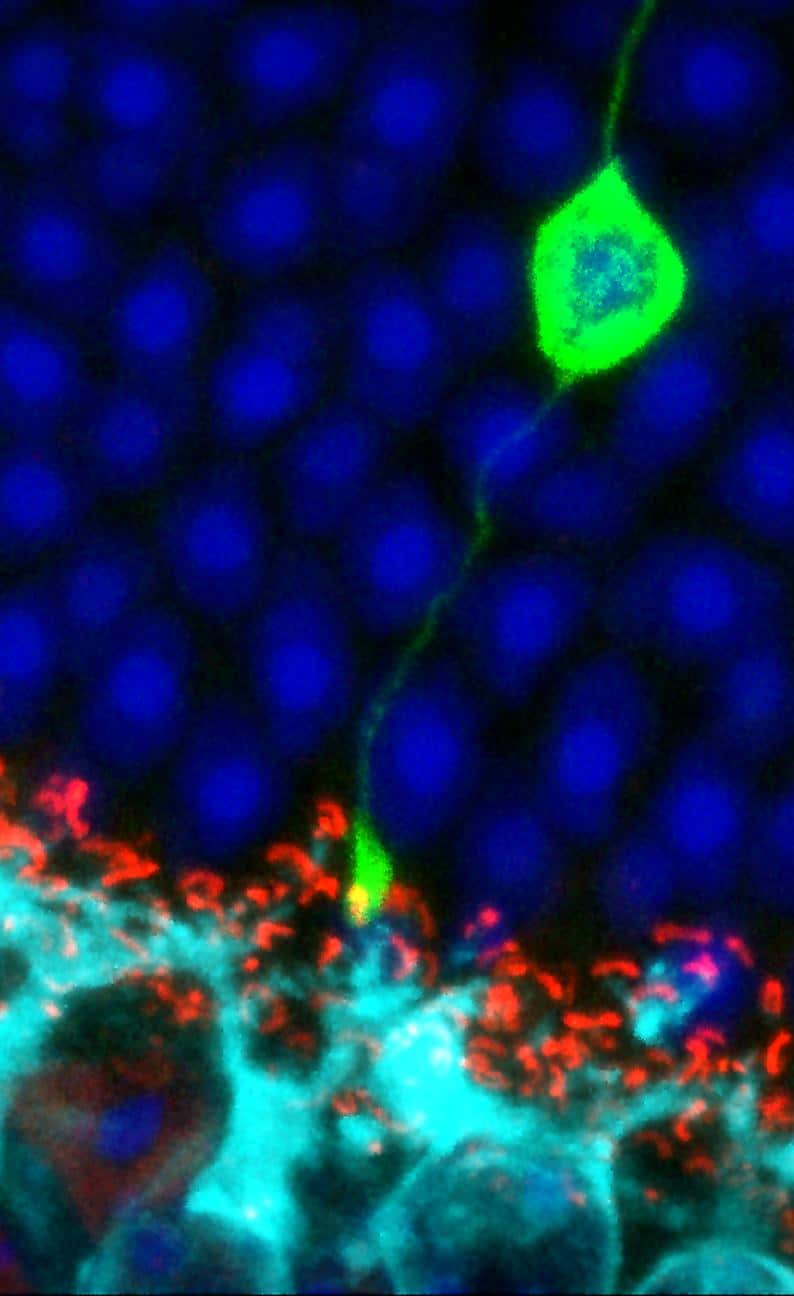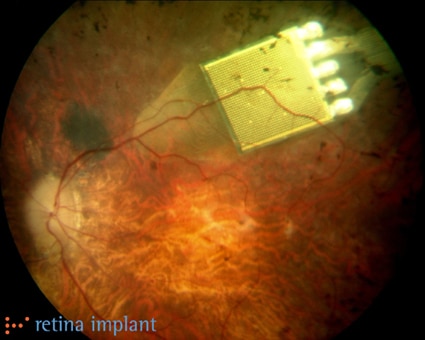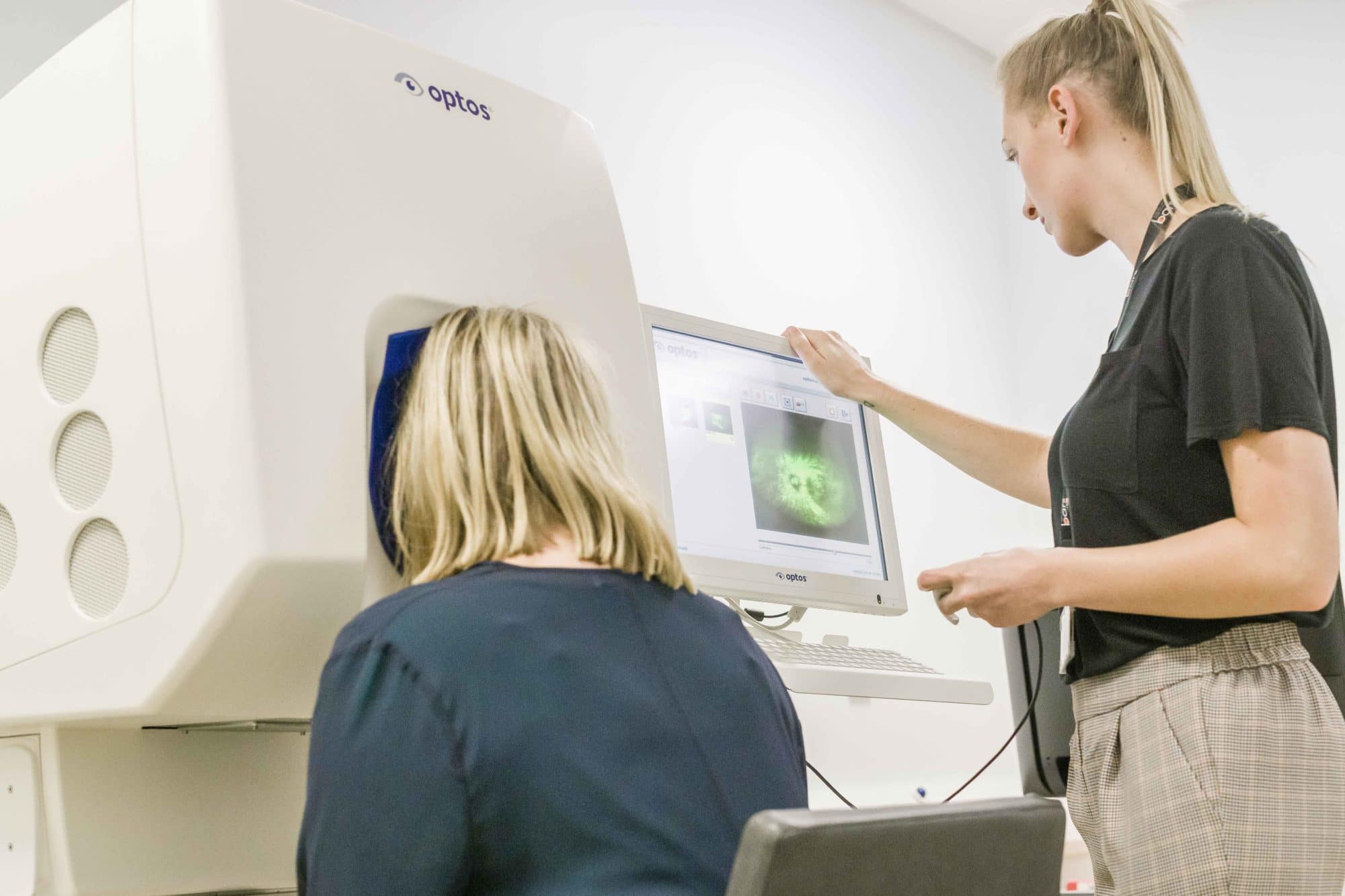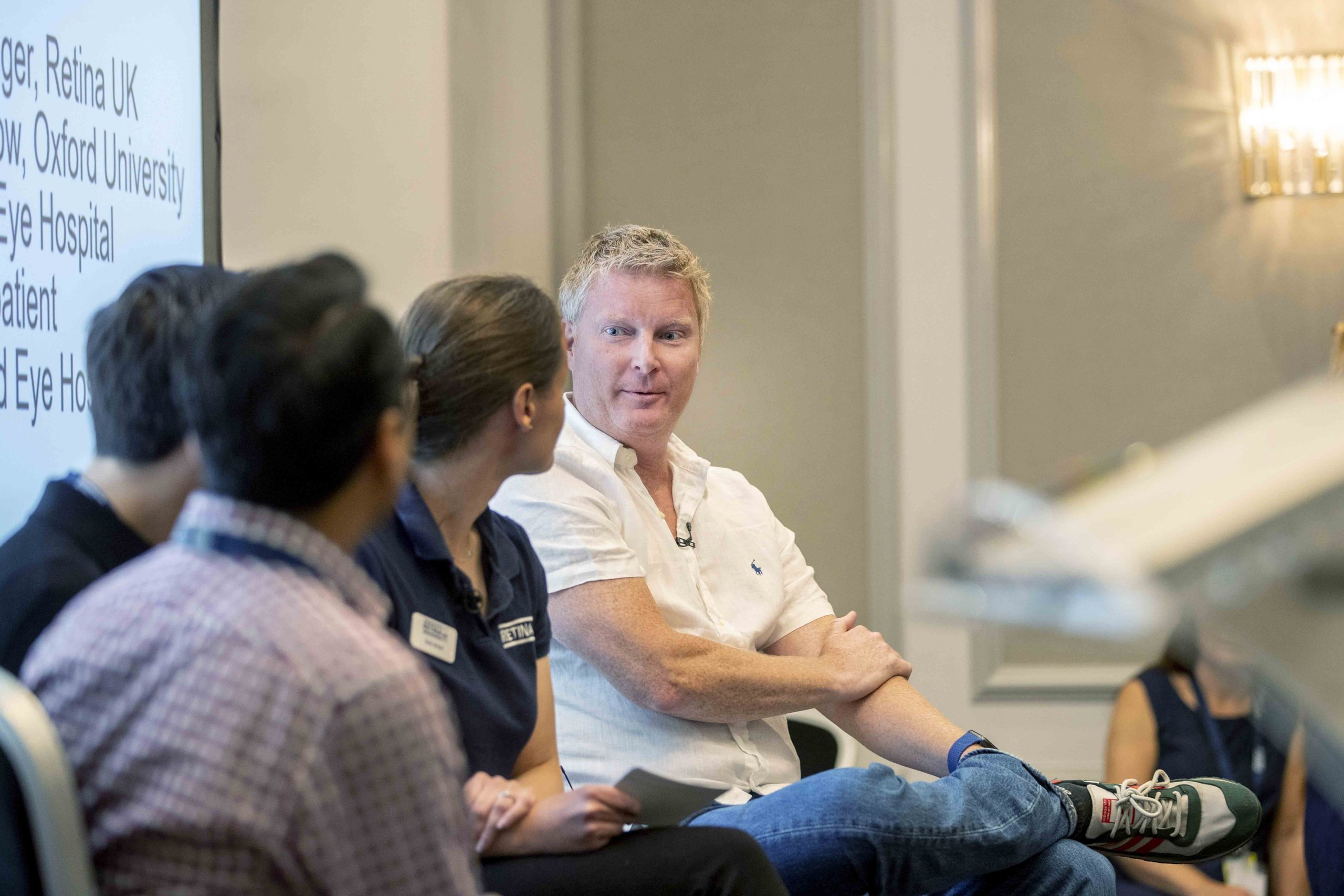
Meet a Researcher: Dr Nikolas Pontikos
Dr Nikolas Pontikos is a Senior Research Fellow at UCL Institute of Ophthalmology, and has been working on inherited retinal conditions for several years.
Search results

Dr Nikolas Pontikos is a Senior Research Fellow at UCL Institute of Ophthalmology, and has been working on inherited retinal conditions for several years.
Autosomal dominant inheritance means that the faulty gene is on an autosome (any chromosome other than the sex chromosomes) and that only one faulty copy is needed to cause sight loss.
Introducing Splice Bio, a genetic medicines company with some exciting developments for Stargardt’s patients.
Biotechnology company MeiraGTx has announced encouraging news from its phase 1/2 clinical trial of botaretigene sparoparvovec (previously known as AAV-RPGR), a gene therapy aimed at X-linked retinitis pigmentosa caused by faults in the RPGR gene.

Stem cells are a special type of cell, which under the right conditions can be encouraged to grow into any other type of cell in the body, including retinal cells (rods, cones and retinal pigment epithelial cells).

There are about 125 million rod and cone cells within the retina that act as the eye's light receptors.
You may have heard that a cell-based treatment approach (sometimes referred to as a “stem cell treatment”), developed by a company called ReNeuron, is being tested in a clinical trial at Oxford Eye Hospital and other centres in the US and Europe.
The BBC covered a story on Monday 24 May about optogenetics partially restoring the sight of a man living with retinitis pigmentosa in France.

UK researchers have discovered that passing a weak electrical current between electrodes on a person’s scalp may lead to a reduction in frequency of the visual hallucinations experienced by some people living with sight loss.

Our community is informed and knowledgeable about current research projects into the cause(s) of and treatments for these conditions.